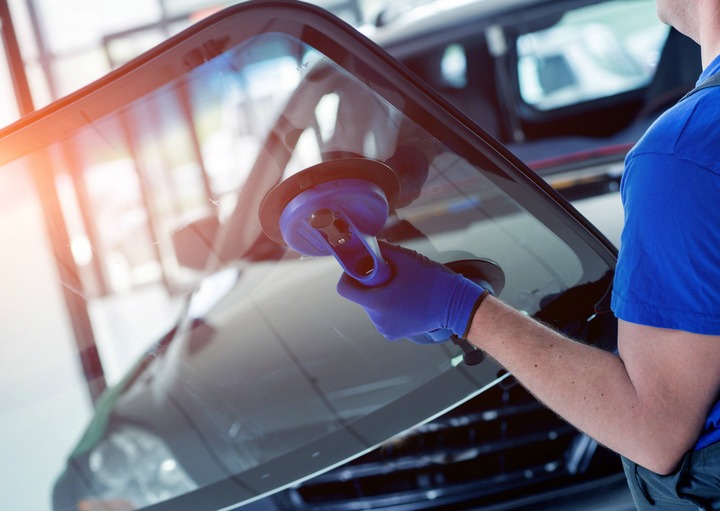See Here For The Very Ideas About Auto Repair
When you have a problem with your car breaking down, getting it back on the road is very important usually. You can't get to where you need to go is you car is not running properly. You don't need to spend a lot of money on car repairs. Read on to find out more about basic car repair.
When you run into car problems, you should first turn to the Internet to learn what the problem could be. You may find that it is an easy to repair problem that you can do on your own. This could save you hundreds of dollars in labor fees if you had to take it to a shop.
When taking your car to a repair service, make sure that you have all documentation handy. This is important as you do not want the mechanic to do tasks that have already been performed on your car. This can help you save a lot of time and money with your repair.
If you have doubts about the work of a mechanic or their diagnosis, ask if you can see the old damaged parts. A good mechanic will show you the part and point out the issues. If a mechanic cannot show you the old damaged parts, you need to check your car to make sure the mechanic actually put some new parts in.
Test your car out after a repair has been done by a mechanic. Make sure it is operating correctly before full payment is made. If you don't do this, it's possible that the problem isn't even fixed.
In addition to basic tire changing equipment, keep a plastic tote filled with DIY auto repair supplies in the trunk of your car in case of emergencies. Fill it with at least a quart each of motor oil, transmission fluid, steering fluid, and brake fluid and a gallon of water. Add a can of penetrating oil spray, a roll of duct tape, twine, bungee cords and basic tools so that you can manage minor repairs on the road.
The labor rate should be posted in your repair shop. If it is not, ask. Also ask the price of a repair, including parts. Sometimes it's easy to spot the rates on the wall, but read them carefully. Since it's your car, you have to know the cost of repairs. Some shops have estimated repair times that are established by specific manufacturers. Some "Minor" repairs could take all day if they go by those manufacturers' established times.
Don't be afraid of looking silly when you take your car into a shop. Ask plenty of questions. Make sure you know what is going on. You deserve to understand what is happening with your car, and a good technician will not mind your questions. The knowledge may come in handy in the future.
Give the brakes a bleed after you've done work on them. Take the time to pump brake fluid too. Test to make sure that you don't have any leaks. Now you can give the car a test drive when there is little traffic. Do not accelerate until you are sure your brakes work well.
Learn the basics in your car repair manual. Even if you do not plan on doing the repair yourself, learning the basics about your car can help you pinpoint problems quickly. This can help you save money when taking it to a mechanic. You can tell the technician what you think the problem is, saving on labor costs diagnosing the problem.
If you want some support when it come to auto repair, consider using AAA. AAA can be very useful when you need a tow, or are looking for a deal with an auto repair service shop. In many cases, you'll even find that AAA membership reduces your overall auto repair expenses thanks to member discounts.
You should get a plastic file to store all your receipts for repairs and keep it in your vehicle. You can sort them chronologically or by service repair type. It doesn't matter how you set up your file system since you have an accurate record of all repairs and maintenance work done on your car. This record should provide help to your auto technician when additional repairs are needed, plus it will help you if you're repairs are under warranty or if you're dissatisfied with any repair. It is always a good idea to keep good records.
Keep good records of your car's repair history and maintenance schedules. This often helps a mechanic diagnose problems more quickly. Without a good history of the car, the mechanic may waste time finding the problem. This can be expensive. In addition, when you keep good records, it tells the mechanic you take car maintenance seriously, and that you know what you are doing. They are less likely to "pad" your bill, since they know you are well informed.
As you can see, fixing your car does not have to require taking your car to the shop and paying an arm and a leg to the mechanic. In many cases, you can solve your car problems in your own driveway. Make the most of this information so that you are not off the road for long.

